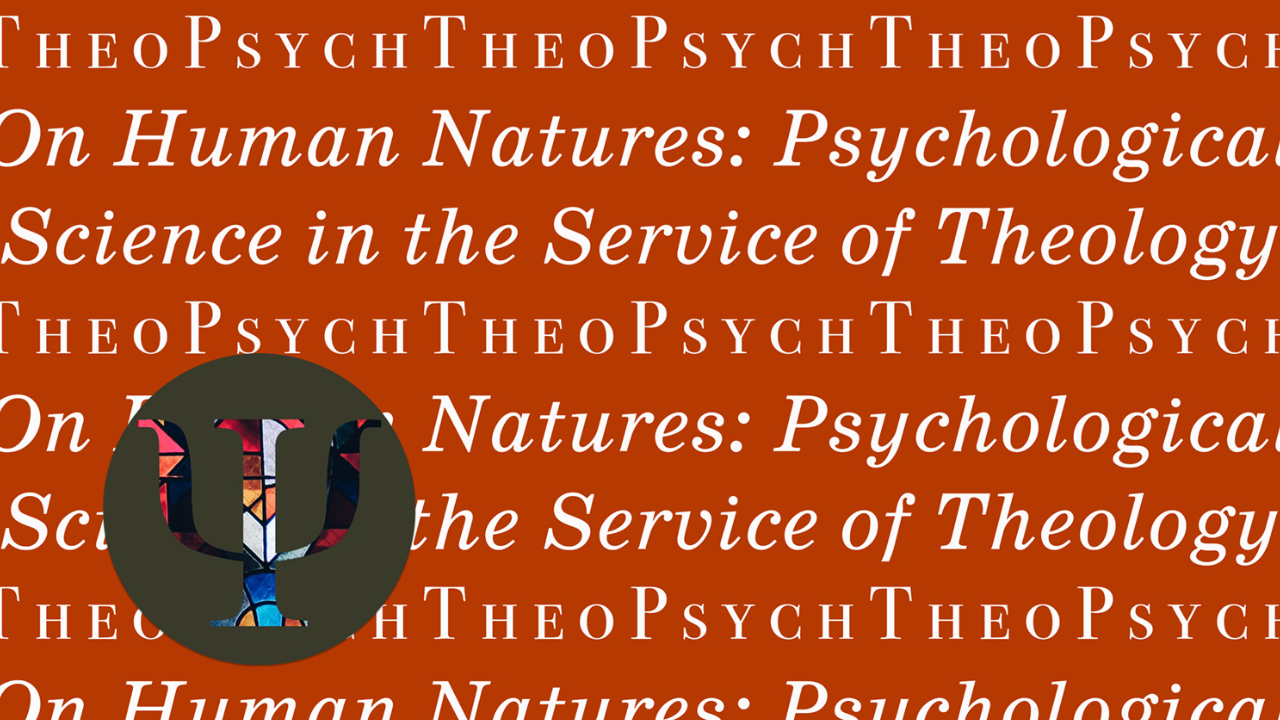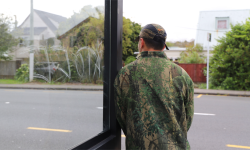
In April 2020, Carey received news that it had been awarded US$14,986 (which at the time of writing is just under NZ$25,000) through Fuller Theological Seminaryu2019s TheoPsych project. This initiative seeks to bring theology and psychology into conversation, especially on the question of what it means to be human.
While theology has wrestled for centuries with what it means to be human, the behavioural sciences are yielding more and more explanatory data that enhances how this works in daily life. Put differently, theology can provide a metanarrative for human flourishing, but psychology offers mechanisms at work within the human person, surrounding the person, and in broader cultures that contribute to this flourishing.
For instance, one strong theological story is that God made humans to need relationships: relationship with Godself, with other humans, with non-human creatures and with the rest of creation. However, these relationships form developmentally. Psychology can help unpack that development and how relationships can be robustly formed, as well as what can sidetrack their development.
Beyond the academic content of the award, Carey was chosen as an institution that desires to embody doing integrative theology. Clear evidence of Careyu2019s commitment to integration can be found in our u2018Towards 2030u2019 strategic plan. The fourth of our five priorities is u201cStrengthening our commitment to integrative theology. In recent years we have been developing a distinctive and compelling approach to theological study, one which is responsive to our studentsu2019 context. In the years to come we want our curriculum and pedagogy to demonstrate much deeper engagement with the needs of our church and society.u201d This award contributes to that priority, helping to lay groundwork for even more avenues for integration.
While the content of the application and the institutional priorities were important for receiving this award, the third critical key was distinctive to Careyu2019s commitment to biculturalism in all that we do. Given how new the integration of theology and psychology has been, and given that it has primarily engaged Western ways of doing theology (and likely, Western ways of doing psychology), there is a wealth of new knowledge yet to be discovered in a culturallyu2011integrative, integrative theology. We are fortunate at Carey to have Dr Sandy Kerr, the kaiu0101rahi-rangahau Mu0101ori, or Mu0101ori research associate, as our guide to thinking biculturally about our research and methods. Dr Kerr is an invaluable resource to dialogue about the methods and approaches that will be undertaken in this project as we seek to do this in culturally embedded ways.
The funding from Fuller Theological Seminaryu2019s TheoPsych project will help us develop webinars and course content examining culturally-integrative, integrative theology and its implications. We hope you will stay tuned for these developments and join us in this exploration together.
Contributor: Christa McKirland, Lecturer in Systematic Theology, Carey


